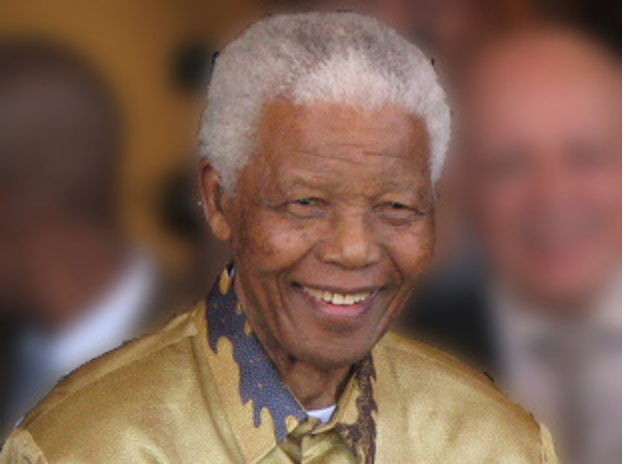The release of Long Walk to Freedom, the film based on Nelson Mandela’s autobiography, is no doubt causing many of us that bought the book twenty years ago to pick it up and re-immerse ourselves in the story of remarkable modern hero. Here are a few small stories and observations from the opening chapters in which the young Madiba relives his childhood, and in doing so gives us more than a few nuggets of traditional African wisdom we could do well to apply in our own lives:
Rewarded in ways we cannot know…
My mother would enchant us with Xhosa legends and fables that had come down from numberless generations….I recall one my mother told us about a traveller who was approached by an old woman with terrible cataracts on her eyes.The woman asked the traveller for help, and the man averted his eyes. Then another man came along and was approached by the old woman. She asked him to clean her eyes, and though he found the task unpleasant, he did as he was asked. Then, miraculously, the scales fell from the old woman’s eyes and she became young and beautiful. The man married her and became wealthy and prosperous. It is a simple tale, but its message is an enduring one; virtue and generosity will be rewarded in ways that one cannot know.
A cosmic wholeness
Madiba’s father was a counsellor to the rulers of the Thembu tribe, and his son was also expected to go down that road: My father was (also) an unofficial priest…he did not need to be ordained, for the traditional religion of the Xhosa is characterised by a cosmic wholeness, so that there is no difference between the sacred and the secular, between the natural and the supernatural.
Defeat without humiliation
I learned my lesson one day from an unruly donkey. We had been taking turns climbing up and down its back and when my chance came I jumped on and the donkey bolted into a nearby thorn bush.It bent its head, trying to unseat me, which it did,but not before the thorns had pricked me and scratched my face, embarrassing me in front of my friends. Like the people of the East, Africans have a highly developed sense of dignity, or what the Chinese call ‘face’. I had lost face among my friends. Even though it was a donkey that unseated me, I learned that to humiliate another person is to make him suffer an unnecessarily cruel fate. Even as a boy, I defeated my opponents without dishonouring them.
A lesson in leadership
After his father passed away, the young Madiba was sent to live with Jogintaba, the acting regent of the Thembu people, to be trained as a counsellor to the future chief. Here he describes how his leadership style was profoundly influenced by watching the regent and his course:
I watched and learned from the meetings that were regularly held at the Great Palace…Everyone who wanted to speak did so. It was democracy in its purest form… chief and subject, warrior and medicine man, shopkeeper and farmer, landowner and labourer…(the regent) was not above criticism, in fact, he was often the principal target of it. But no matter how serious the charge, the regent simply listened, not defending himself, showing no emotion at all.
The meetings would continue until some kind of consensus was reached. They ended in unanimity or not at all. Unanimity, however, might be an agreement to disagree, to wait for a more propitious time to propose a solution…only at the end of the meeting, as the sun was setting, would the regent speak. His purpose was to sum up what had been said and to form some consensus among the divergent opinions. But no conclusion was forced on people who disagreed. If no agreement could be reached, another meeting would be held.
As a leader, I have always followed the principles I first saw demonstrated at the Great Palace. I have always endeavoured to listen to what each and every person in a discussion had to say before venturing my own opinion. Oftentimes, my own opinion will simply represent a consensus of what I heard in the discussion. I always remember the regent’s axiom: a leader, he said, is like a shepherd. He stays behind the flock, letting most nimble go on ahead, whereupon the others follow, not realising that all along they are being directed from behind.
Long Walk to Freedom can be purchased on Amazon here…
The official website for the film is here…

